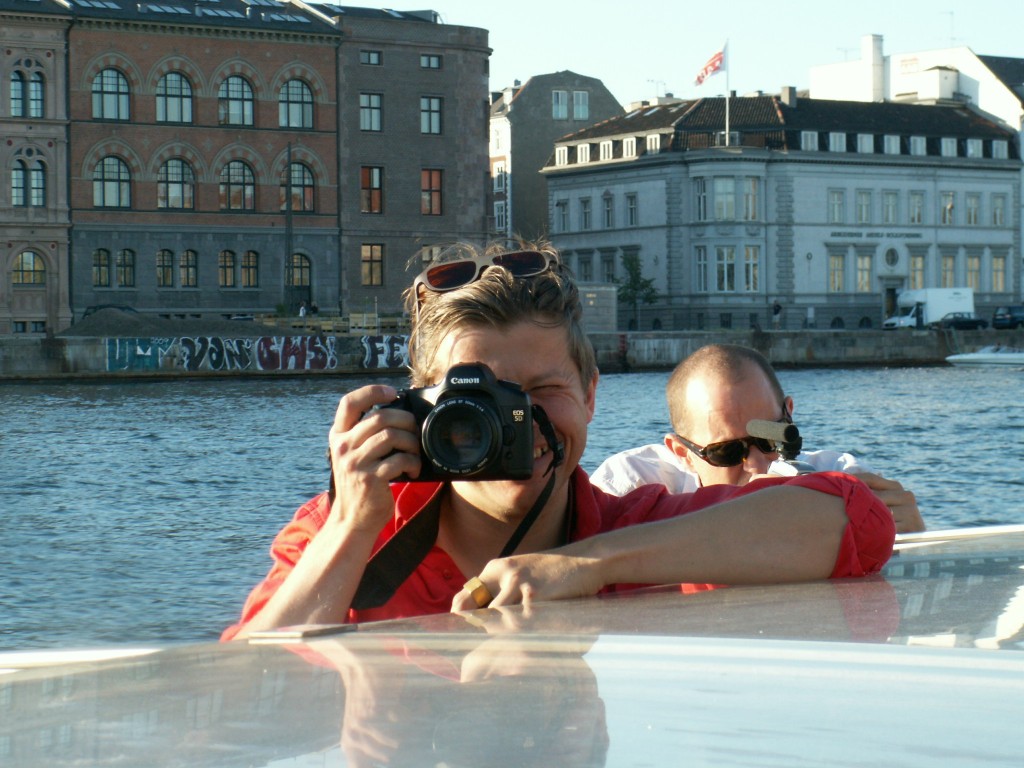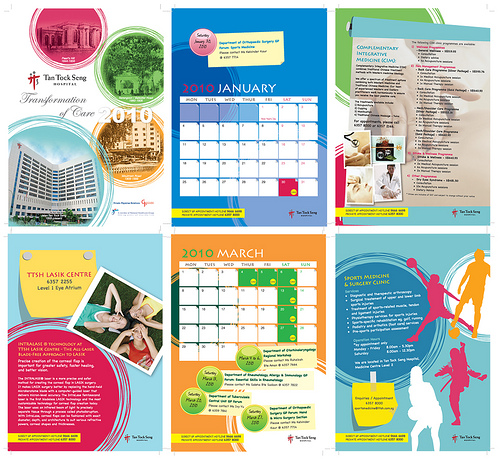Time for a wrap-up, huh? Blogged about day 1 here, now onto the remainders, which included favourite talks by Lee Bryant, Euan Semple, JP Rangaswamy, Stowe Boyd and Bruce Sterling (interview here).
And with favouriote speakers on stage I am a bit hesitating to see it like Anders who writes:
[…] the slightly holier-than-thou tech-savvy social media web crowd in the hall. And the ribbing was needed, in my opinion, since the first keynotes of the day – Lee Bryant and Evan Semple – had been gagfests of we-know-what-it-is-about-and-they-do-not-comments on enterprises and old media, entertaining and insightful though they were.
I don’t think this was only for the converted, the smart guys who get it – talks like these provide us with inspiration and things to think about. Granted, from the outside “cyberutopianism and activism” look very much like a sick insider’s joke, yet it’s more mainstream than one assumes at first. The changes are underway, both in social media as whole and in the enterprise. And the topics of this year’s reboot are probably more mainstream than we realize, like we can see e.g. in the race for the colonization of social media. As Stowe Boyd demands:
[…] we are not online for money, principally. We have created the web to happen to ourselves: to shape a new culture and build a better, more resilient world. And we need better media tools than we have at present, to make that a reality.
So reboot11 was a success in my mind – giving us stories and storylines (or shall we say a Reboot mythology) to proceed. And some nifty action projects like the solar bike went live too (the rebike in fact turned out to offer better wifi than the regular reboot one, watch the video …). After all you can’t fit everything into two days, sometimes you just have to be content with what you’ve got, it’s like Casper says:
[…] a lot of friendly people and generally the conference went beyond my expectations for a reasonably small tech (not in the real sense anyways) get-together as this was. I hope to join next year as well.
To close, my short video interview with Ton Zijlstra, talking about what makes reboot so special (and yes, some systems work best when they’re not stable):
ps. reboot presentations get collected on slideshare, tagged with ‘reboot11’ and then probably added to the reboot group on slideshare


